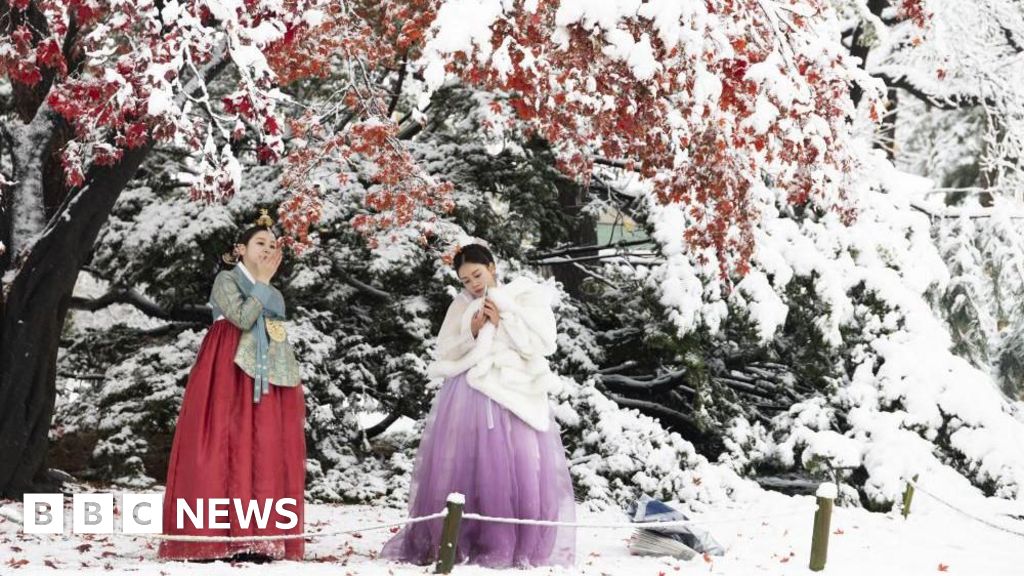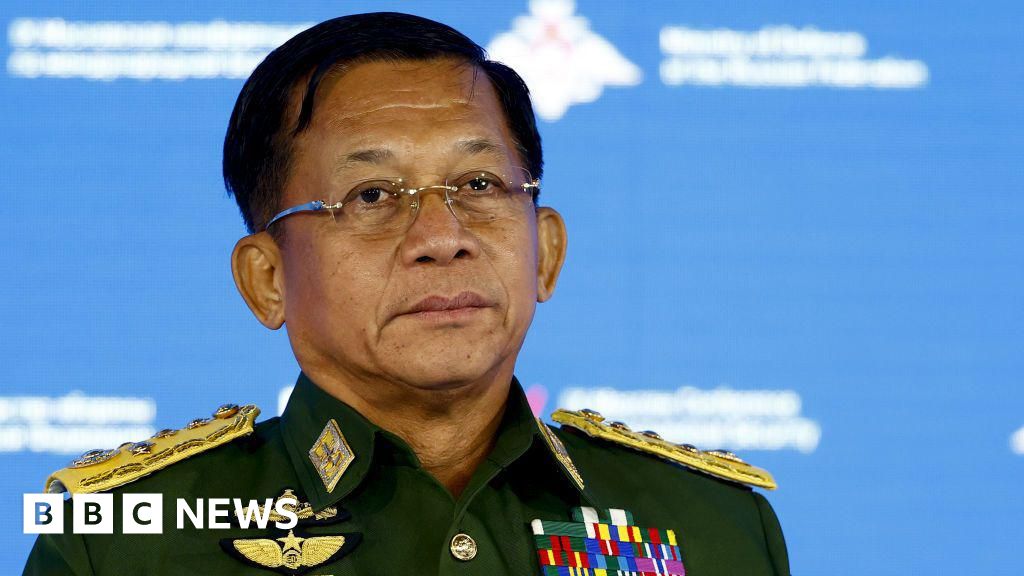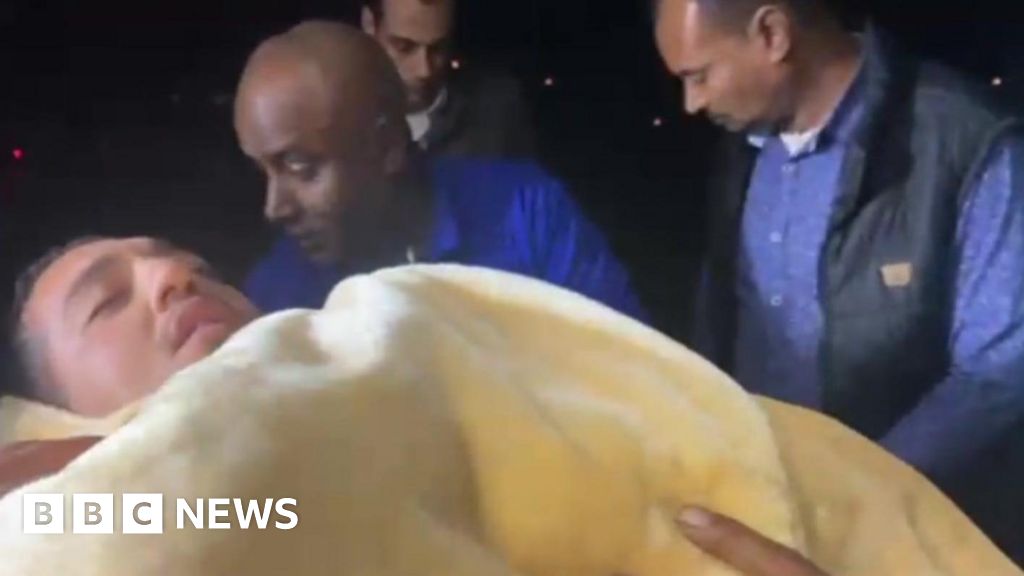ARTICLE AD BOX
18 minutes ago
By Anna Holligan, BBC News, The Hague
By the signing of a royal decree, the new right-wing Dutch government has become a reality.
Defying analysts’ expectations, it swept to power on a crescendo of discontent that has boosted anti-immigration parties across the continent.
High cost of living, environmental issues, and a perceived failure to manage the asylum system were some of the key issues ahead of the November 2023 election.
After months of political wrangling, an agreement was reached for the new Dutch government to be led by a surprise pick - the former head of the Dutch intelligence service, Dick Schoof.
Mr Schoof was the fifth person approached to preside over the eclectic coalition, and among the few palatable candidates for all four parties.
He pushed back a planned retirement to take over from Mark Rutte, the Netherlands longest serving prime minister who has packed his cardboard boxes in preparation for a move to Brussels to take over as the new NATO Secretary General.
The coalition Mr Schoof will govern includes Geert Wilders' anti-immigration, far-right PVV as the largest party.
The other members of the coalition will be the conservative-liberal VVD, the Farmers' Citizen Movement and the new-to-government centrist New Social Contract which promised to restore public trust in politics.
The VVD and New Social Contract parties have pledged to ensure Mr Wilders’ populist right is kept in check - and Mr Wilders has been forced to water down his party's most extreme policies in order to keep the three other coalition parties on board.
Pledges to ban the Quran, close Dutch borders and hold a referendum on the Netherlands future within the EU have been put on ice, along with Mr Wilders' own prime ministerial ambitions.
Yet, as leader of the largest party within the coalition, he is still expected to be one of the most influential politicians in parliament.
As the new government takes power, three new ministries have been created, to allow each coalition party to install one of its own politicians in the field in which it places the greatest importance.
BBB has been given the housing ministry, VVD the climate and green growth ministry, and Mr Wilders’ PVV the immigration ministry.
Mr Wilders initial choice for immigration minister Gidi Markuszower - an MP since 2017 - was vetoed by parliament, after he failed to pass intelligence service security checks. Previously, in 2010, he had to withdraw as a PVV candidate for parliament after it emerged he had been flagged up by the intelligence service as a “risk to the integrity of the Netherlands”.
The second choice, Marjolein Faber, has come under scrutiny over her endorsement of the racist Great Replacement conspiracy theory which claims elites are importing migrants to replace the white majority.
Elsewhere, the new agriculture minister is Femke Wiersma, who found fame more than a decade ago on the country's popular "Farmer seeks Wife" reality TV show.
She has since joined the Farmer Citizen Movement (BBB) which has spearheaded an uprising among farmers outraged by the previous government and EU plans to curb their activities to achieve ambitious climate targets.
In the 2023 provincial elections, BBB stunned Dutch politics by securing almost 20% of the vote.
The European Union will be watching with trepidation to see how the new Dutch government responds to multiple challenges, including immigration and the conflicts in Ukraine and Gaza.
While right wing parties in France are following this historic moment in the Netherlands with a sense of anticipation that the political pendulum is poised to swing in their direction- ahead of the second round of the French election on 7th July.
Geert Wilders promised to make the Netherlands number one, and the Dutch are about to find out what that means.

 4 months ago
22
4 months ago
22








 English (US)
English (US)